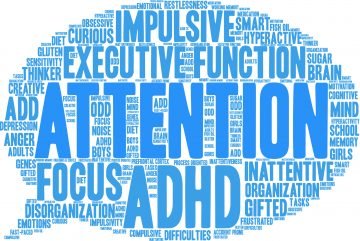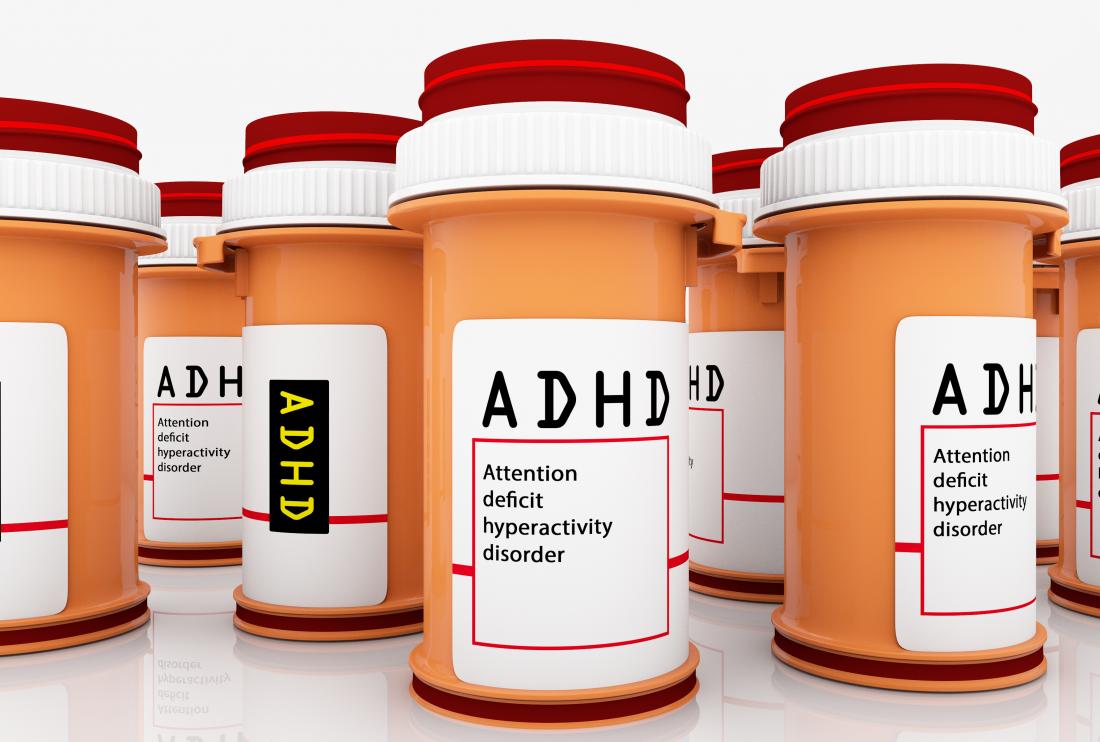AlyCat231988
What are some ways to help me focus better on the task I'm currently working on? Ideas would be appreciated.
Chestnut Hill Child and Adolescent Psychiatry In my experience, problems with focus doesn't always imply a problem with attention. I'm sure you've experienced a much greater ability to focus on tasks that you find interesting or enjoyable than on another you might feel is tedious or even unpleasant.
If the problem is truly with attention and difficulty with environmental distractions, then creating a space that is more conducive to work may be helpful.
This, however, may not be as useful if most of your distractions are internally generated. Though people with ADHD have problems with internal distractions, many "neurotypical" people will periodically find it very difficult to concentrate.
What's the cause of this? Well, there can be physical reasons such as illness, pain, or hunger, but probably the most common physical reason is inadequate sleep / rest. Sleep is completely foundational and even a mild sleep deficit can cause significant impairment in normal functioning.
If you are healthy and sleeping well, you might want to focus troubleshooting your mood and anxiety. Perhaps the actual problem isn't the inability to focus but task avoidance. The current thinking on task-avoidance and procrastination is that these are (unproductive) adaptations to effect short-term improvement in mood and anxiety. That task you find unpleasant may be exacerbating the poor mood that you are experiencing or heightening the worry you have about something else.
Of course, there is an entire constellation of medications and a variety of therapeutic interventions that are used for long-term control of anxiety and mood, but those don't really help in the very short-term and often times the severity (or duration) of a mood / anxiety issue doesn't warrant extensive treatment.
What to do then? Well, the first step is to understand why you're doing what you're doing. Are you stressed out about something else, or is it that the mere thought of doing what you have to do anxiety provoking? Are you experiencing low mood and find it difficult to sustain mental effort because your mood worsens with the task? Do you find the amount of work you need to do overwhelming and don't know how to best organize your time?...
There are several techniques and tricks that have been shown to work in some situations. In order to address procrastination (if that's what's occurring) you can try to: 1) cultivate curiosity, 2) consider the next action, 3) make temptations inconvenient.
1) By "cultivating curiosity" I mean think about your thoughts and feelings around task avoidance. If you’re considering procrastination, try to pay attention to the sensations arising in your mind and body. What feelings are creating the desire to procrastinate? Where are these localizing in your body? Do they remind you of anything else? What happens to your desire to procrastinate as you become aware of it? Does it grow? Fade? Induce you to experience other emotions? How do these sensations in your body shift as you continue consider the tasks at hand?
2) Considering the next action is somewhat different than standard advice to break up a task you’re tempted to avoid into bite-sized chunks. Focusing only on the “next action” helps calm your nerves, and it allows for what is called “a layer of self-deception.” At the start of a given task, consider the next action as a mere possibility, as if you were method acting. Something like, “what will I do about this if I were going to, but I actually am not?” Perhaps, you would open your planner. Or perhaps you would put write the title of your document. The key is not to wait to be "in the mood" to do a certain task. It is commonly known that motivation follows action. i.e.: Get started, and you’ll find your motivation follows.
3) Make temptations inconvenient and less likely: The old adage of "it’s still easier to change our circumstances than ourselves" is generally true. So, we can take what we know about how we procrastinate and use it to our advantage by placing obstacles between ourselves and temptation. If you compulsively check social media, lock out those apps or set a really complicated password with not just five characters but 10. By doing this, you’re adding friction to the procrastination cycle and making the reward value of your temptation less immediate.
And the theory is that is what it's really about -- procrastination is the way to receive immediate reward that one experiences by deferring a task. By eliminating the immediacy of the reward, we greatly the diminish the drive to do it.
There are many other approaches and there is no shortage of other advice you can find to help. Some of those can be found here
Hope this helps!






